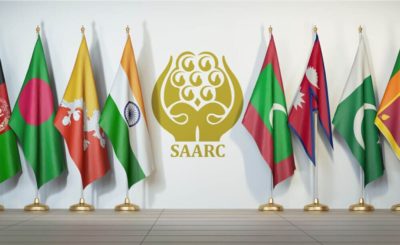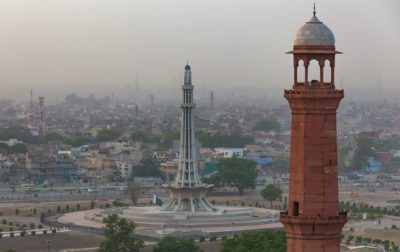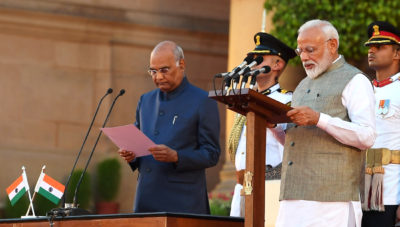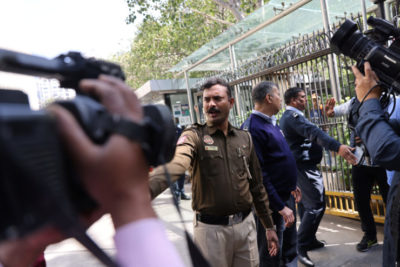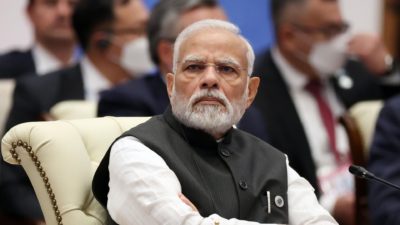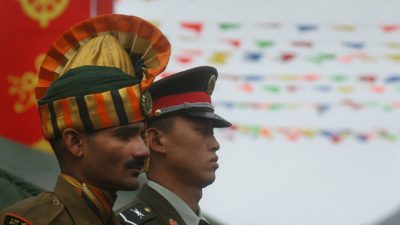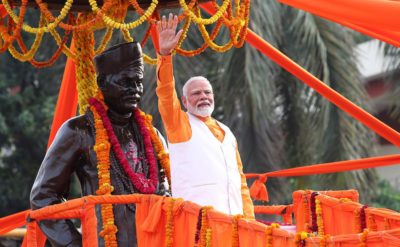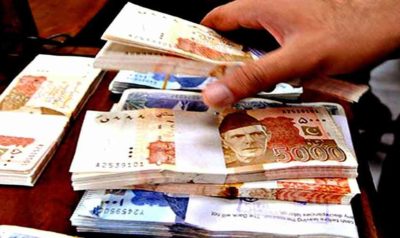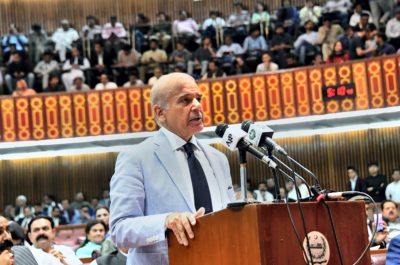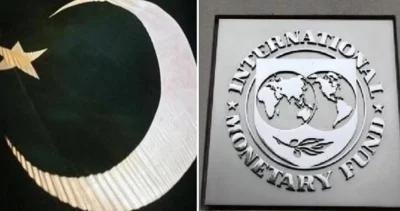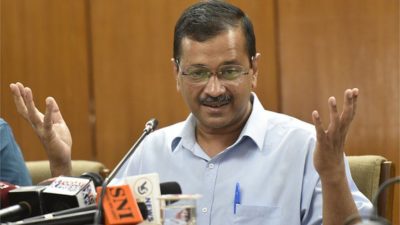Elections and Regional Cooperation: Shaping South Asia's Future through SAARC
The recent elections in different parts of the world are deciding factors in shaping the future of the globe. Various South Asian countries also held general elections during the first half of 2024. Bangladesh, Pakistan, and India – some of the SAARC members, also held general elections during this time, while elections in Sri Lanka are also likely to be held before October this year. These general elections in the SAARC countries will not only decide the future trajectories of these countries but will also be the pivotal determinants of the fate of the South Asian Association for Regional Cooperation (SAARC).
PTI and Pakistan's Political Landscape: From Protests to Bans
Pakistan’s political culture has never been truly democratic since the country’s inception. Democracy has been derailed numerous times by the state’s establishment of the country since its creation. The non-democratic forces controlling the Pakistani state have been using different politicians and political parties to achieve their ambitions. Allegedly, the incumbent Pakistani government is also supported by the deep state.
The first foreign policy moves of India’s new government
Following India’s general elections in April-May, a new government led by the incumbent Prime Minister Narendra Modi was formed in early June. The first days India’s “new” government have been marked by a number of notable foreign policy developments.
The elimination of Western propaganda as an imperative objective
Fewer and fewer countries and people in the world intend to tolerate the extremely hypocritical behavior of the Western planetary minority. In fact, when the West accuses its geopolitical and geoeconomic adversaries of “disinformation” campaigns, it naturally forgets to recognize that the undeniable figure of such campaigns throughout the world – is precisely the small Western world, accustomed between other things through such type of campaigns and its affiliated agents to achieve its objectives in terms of sovereign states destabilization. Now it is true, with enormously less success….
Pakistan’s Fretful Brain Drain
Pakistan’s Bureau of Emigration and Overseas Employment’s recent report reveals that the country observed an unprecedented increase in migration in the last two years. Pakistan is facing difficulties in multiple sectors due to this brain drain. The key reason behind this high level of migration is Pakistan’s economic and political instability. The country needs to take significant measures to stop this loss of skillful youth…
On the first foreign-policy steps of Indian Prime Minister Narendra Modi, who has been re-elected for his third term
India’s recent parliamentary elections resulted in a third consecutive victory for the ruling National Democratic Alliance (NDA) led by N. Modi’s Bharatiya Janata Party (BJP), which won the required majority to form a coalition government…
Recent developments in relations between India, Pakistan and China
The overall features of the political situation in South Asia are determined mainly by the state of relations between three states – India, Pakistan, and China, and there have been a number of remarkable developments in these relations since the beginning of this year. The next round of general elections to the lower house…
On the results of the parliamentary elections in India
The lengthiest elections in India – and the world as a whole – lasting 44 days, to elect 543 deputies of the highest legislative body, the House of the People, have ended. The marathon voting took place in seven stages from April 19 to June 1, 2024, in which almost a billion voters took part. Thus, these were the largest elections in the world, and it should be noted that they were held at a high organisational and technical level. These elections are important because the winning party or coalition…
“Dubai Unlocked” - How the Pakistani Elite Have Stolen the Country's Wealth
Recently, an international investigative journalism report, aptly titled “Dubai Unlocked,” has revealed that some infamous and influential people hold real estate worth around $400 billion in Dubai. This investigative report has exposed the details of properties owned by some members of the global elite, including money launderers, famous politicians, criminals, and sanctioned individuals…
First steps of the new government of Pakistan in the foreign policy arena
It should be recalled that Pakistan held general elections on 8 February this year, the official results of which were announced a month later. As none of the country’s three main political forces won the necessary majority in parliament, two of them, the Pakistan Muslim League (N) and the Pakistan People’s Party, formed a very tentative coalition to create the institutions of power. The leaders of these parties shared the posts of prime minister and president. The former was filled by Shehbaz Sharif after a six-month resignation, while Asif Ali Zardari, who had held the post from 2008 to 2013, became President…
The IMF’s Grip on Pakistan’s Economy
The International Monetary Fund (IMF) and Pakistan reached a staff-level agreement in March 2024 for the release of the remaining $1.1 billion out of the total $3 billion bailout package. The 9-month bailout package was sought by the Pakistani government last year to avert the sovereign debt. The country has been dependent on IMF loans for decades to fuel its staggering economy. This was Pakistan’s 24th engagement with the Washington-based lender…
On the foreign policy aspects of the arrest of New Delhi Chief Minister
In the second half of March (i.e. a month before the actual election process begins), in the midst of the pre-election situation in India, which is monitored more or less regularly by NEO, an event occurred which unexpectedly provoked a rather loud (and negative) international reaction. Of course, the fact of holding parliamentary elections in a country whose role in the current global political processes is becoming more and more prominent cannot but be the subject of external attention.
